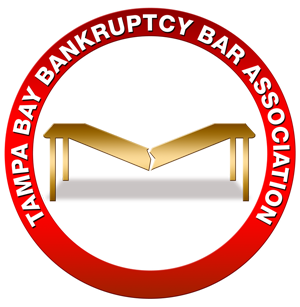By Bridget Dennis, Shutts & Bowen LLP
In the case of In re Stanford, the Chapter 11 debtors appealed the bankruptcy court’s decision to approve a sale of the debtors’ real estate under Section 363(b), which ultimately occurred while the appeal was pending. 17 F.4th 116, 119 (11th Cir. 2021)
The Eleventh Circuit posed the issue before the Court as the following: “in light of our inability to undo a completed sale to a good faith purchaser under Section 363(m), can we grant the debtors any relief in this appeal?” Id. The Eleventh Circuit held that the answer is “no” and further determined that under Section 363(m), an order approving a sale to a good faith purchaser is moot on appeal, regardless of whether the sale was properly authorized under the Bankruptcy Code. Id. at 119, 122–23.
To further explain, the Court quoted an Eleventh Circuit case from 1987 – “once a sale is approved by the bankruptcy court and consummated by the parties, the bankruptcy court’s authorization of the sale cannot be effectively altered on appeal.” Id. at 123 (emphasis in original) (citing In re The Charter Co., 829 F.2d 1054, 1056 (11th Cir. 1987)).
Circuit Judge Adalberto Jordan, concurring in part and concurring in the judgment, agreed with the Court’s ultimate ruling and added, among other things, a quick but meaningful discussion on the invited error doctrine. In re Stanford, 17 F.4th at 126. “Generally speaking, parties cannot appeal an order, action, or ruling that they invited or requested.” Id. at 127 (citing Ford ex. rel. Estate of Ford v. Garcia, 289 F.3d 1283, 1293–94 (11th Cir. 2002) (“It is a cardinal rule of appellate review that a party may not challenge as error a ruling or other trial proceeding invited by that party.”)).
It seemed to Judge Jordan that the debtors were doing just that – appealing a sale they requested.. In re Stanford, 17 F.4th at 127. After acknowledging that the invited error doctrine applies to all debtors, Judge Jordan concluded that the debtors here could not subsequently argue that the bankruptcy court’s approval of the sale was error. Id.
Practically speaking, whether you represent the debtor, a creditor, or purchaser involved in a Section 363 sale, you will want to try and obtain the consent of all parties involved to provide further certainty that the sale will not be challenged. While most practitioners try to achieve a sale agreeable to all parties, In re Stanford supports the idea that working to obtain consent on the front end will further limit the risk of the sale being challenged on the back end.
